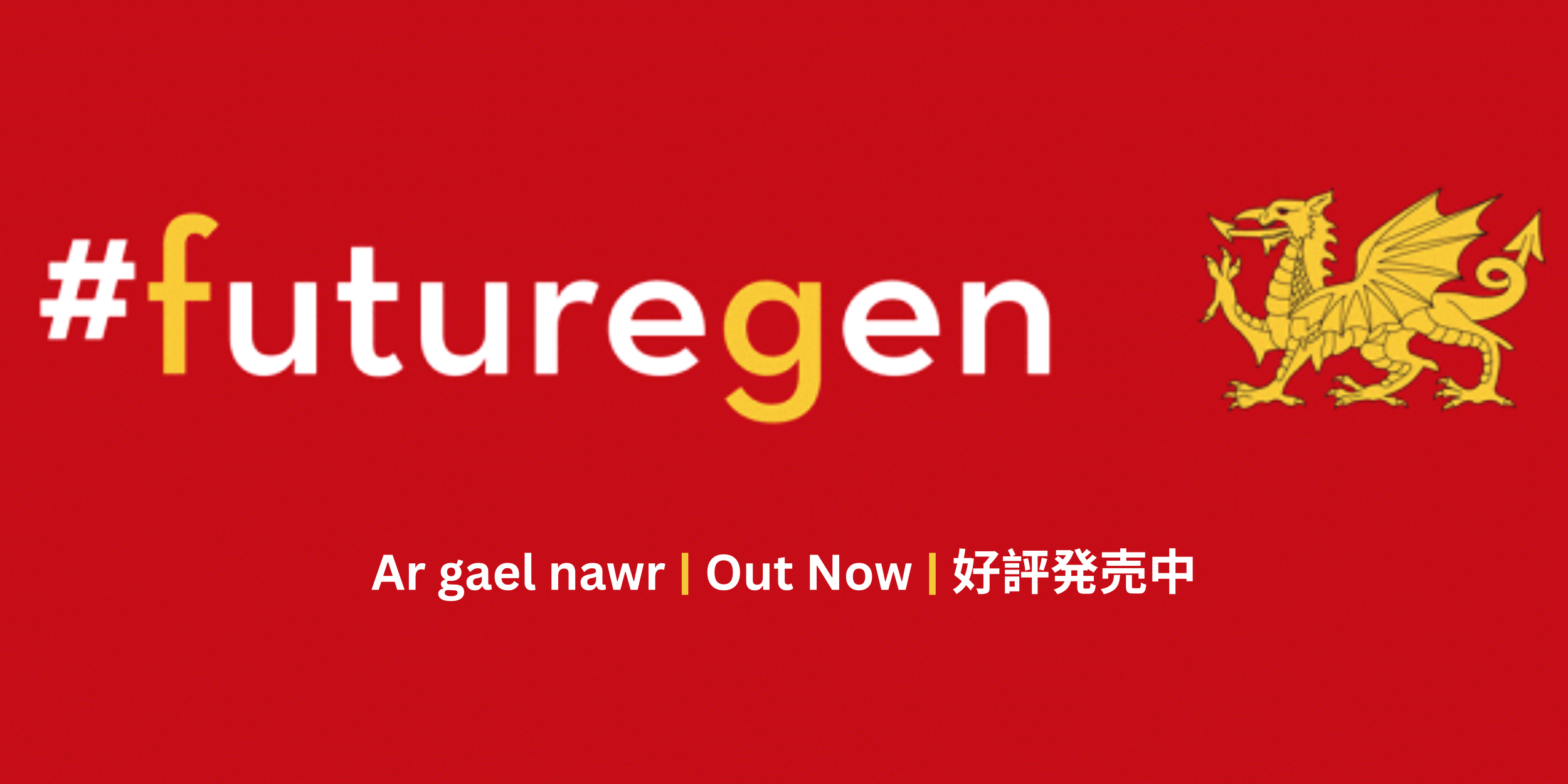“Jane Davidson tells Chris Seekings how one small nation is harnessing the power of politics for sustainable development
Jane Davidson’s career has always been centred around caring for future generations, whether as minister for environment, sustainability and housing in the Welsh government, or as the nation’s education secretary.
The former politician was instrumental in delivering the first piece of legislation in history to place regenerative and sustainable practices at the heart of government: the Well-being of Future Generations (Wales) Act 2015 – blazing a trail for the rest of the world.
Her latest book, #futuregen: Lessons from a Small Country, details how the ground-breaking Act came to be, and how other countries can move towards a more sustainable future.”
